8 Webinars to Boost Your Confidence with Dermatology Cases
Skin conditions are among the most common reasons pets come into the clinic, yet they’re often some of the trickiest to diagnose and manage. That’s why we’ve created the Dermatology Refresher Course – a comprehensive on-demand series designed to give veterinary professionals practical updates and renewed confidence when tackling dermatological cases.

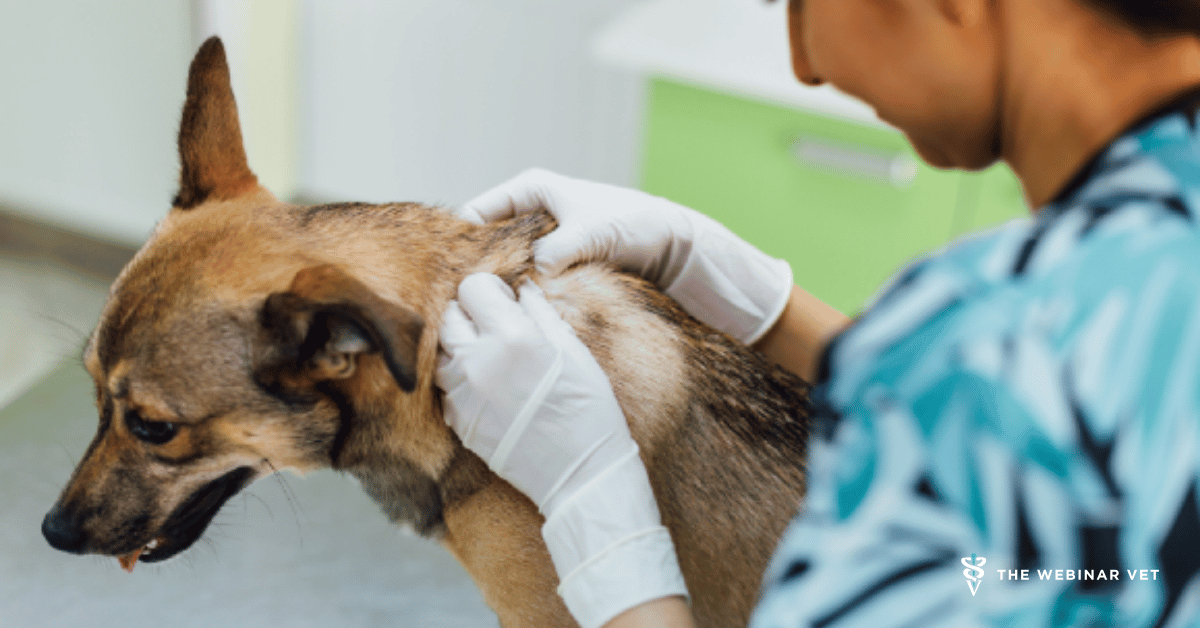
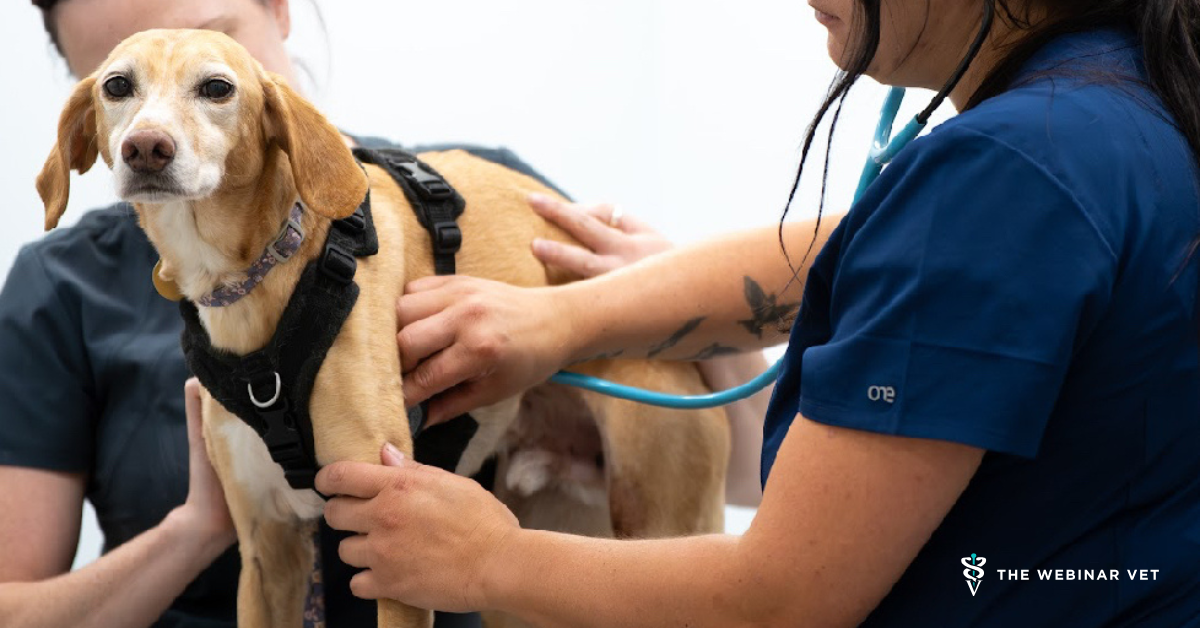


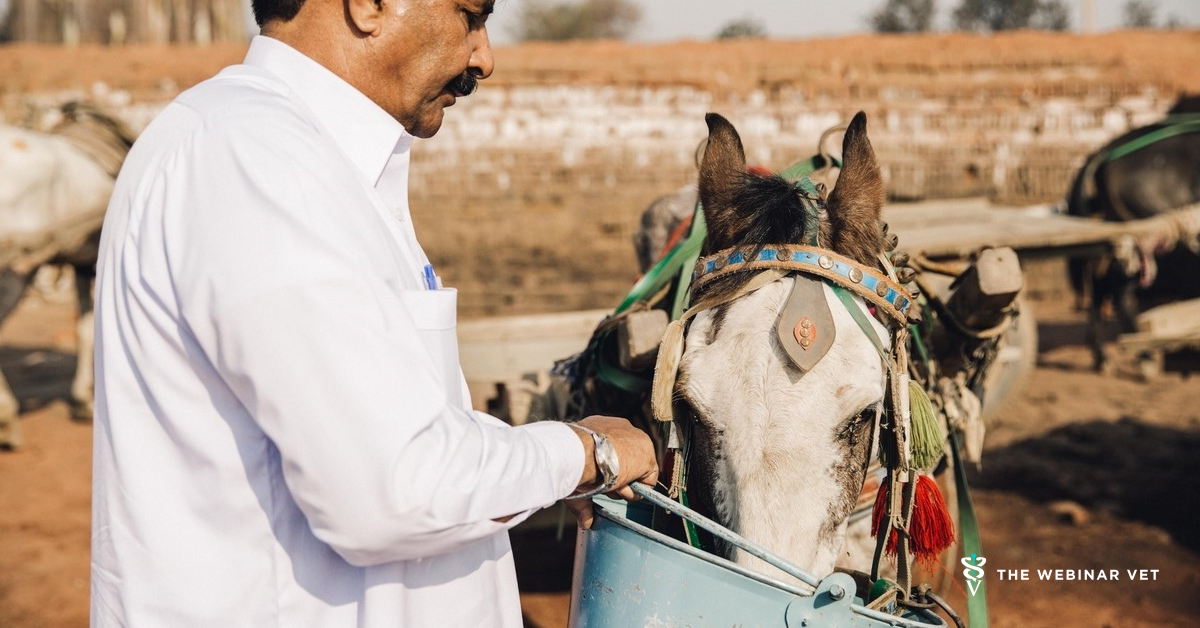

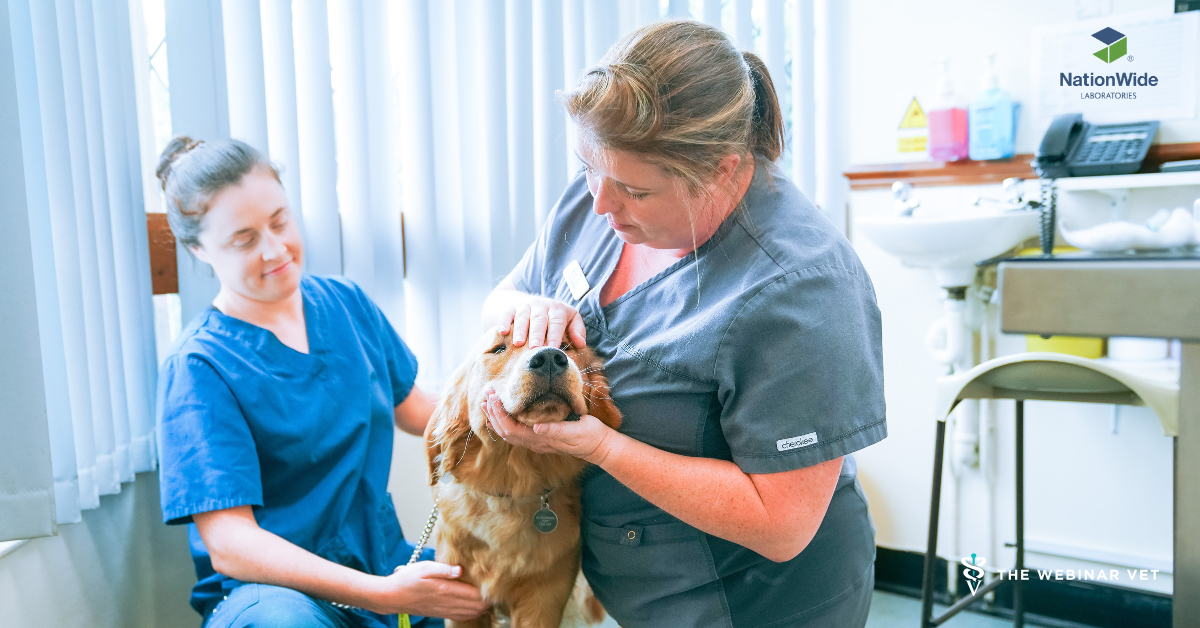

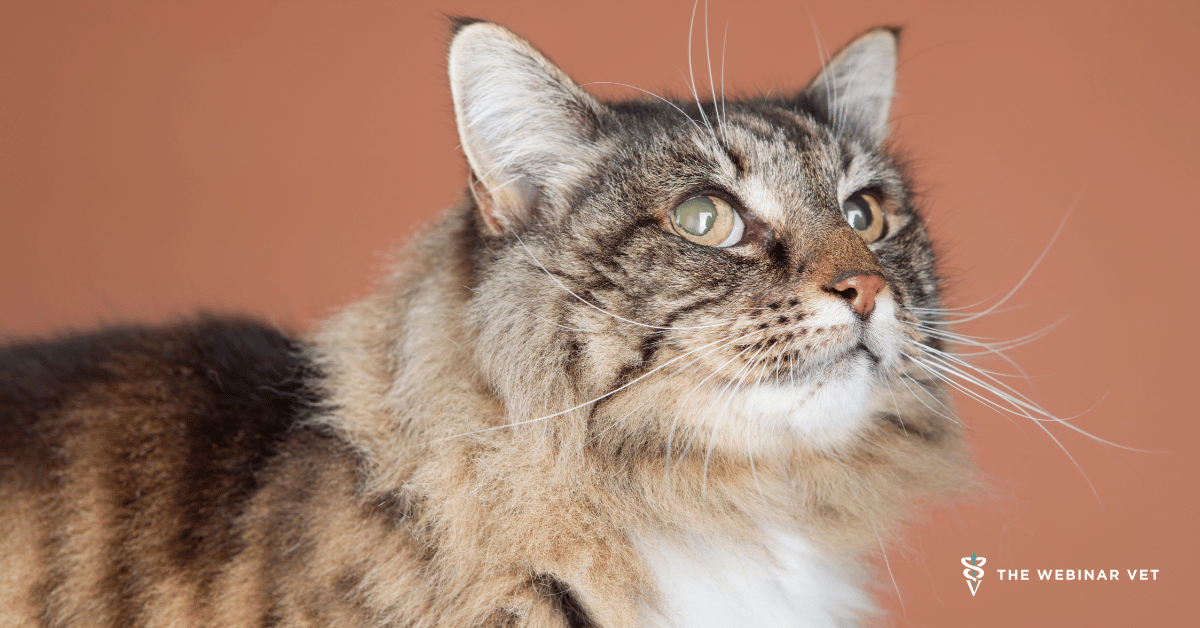

.png)
